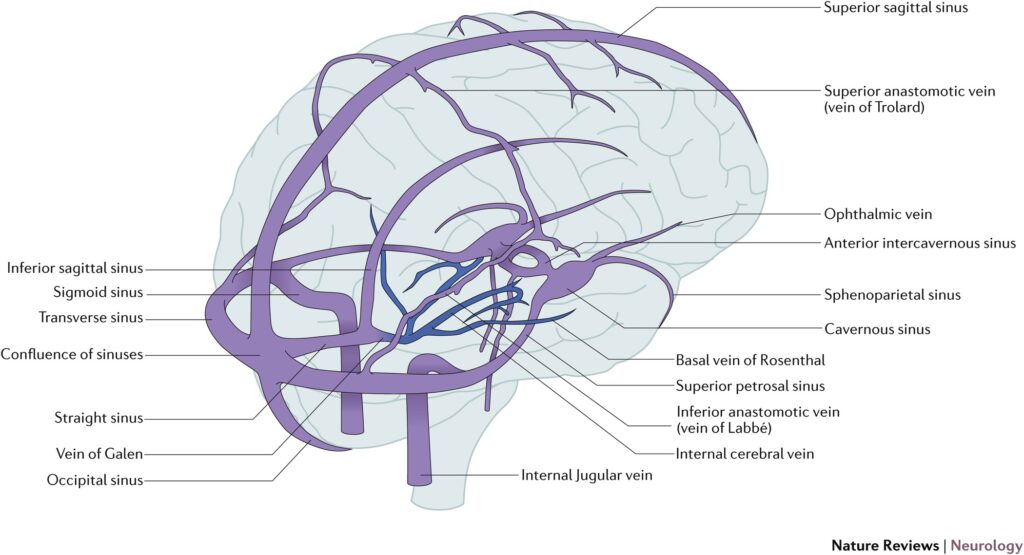Cerebral thrombosis, a major cause of ischemic stroke, arises from the formation of a blood clot within the cerebral arteries, obstructing blood flow to the brain. Prevention of cerebral thrombosis is critical in reducing the global burden of stroke and its devastating consequences. We present an exhaustive clinical and preventive approach tailored to minimize thrombotic risk, preserve cerebral function, and enhance patient outcomes.

Understanding Cerebral Thrombosis: Mechanisms and Risk Factors
Pathophysiology of Cerebral Thrombosis
Cerebral thrombosis occurs when a thrombus forms within an intracranial blood vessel, impeding oxygen-rich blood flow to the brain tissue. This can result in ischemia and irreversible neuronal damage if not promptly treated.
Primary Risk Factors
- Hypertension
- Atrial fibrillation
- Diabetes mellitus
- Hyperlipidemia
- Cigarette smoking
- Sedentary lifestyle
- Obesity
- Carotid artery disease
- Prothrombotic genetic disorders
Identifying and modifying these risk factors is the cornerstone of thrombosis prevention.
Pharmacological Interventions for Cerebral Thrombosis Prevention
Antiplatelet Therapy
Antiplatelet agents reduce platelet aggregation and are especially beneficial in secondary prevention of thrombotic stroke.
- Aspirin (acetylsalicylic acid): First-line for patients with high cardiovascular risk.
- Clopidogrel: An alternative or adjunct, particularly in aspirin-intolerant individuals.
- Dual Antiplatelet Therapy (DAPT): Short-term use post-TIA or minor ischemic stroke may reduce recurrence.
Anticoagulant Therapy
Anticoagulants are indicated primarily in patients with cardioembolic risk, such as atrial fibrillation.
- Warfarin: Requires INR monitoring; effective but with dietary and drug interaction limitations.
- Direct Oral Anticoagulants (DOACs): Include apixaban, rivaroxaban, dabigatran; preferred for non-valvular AF due to predictable pharmacokinetics and fewer interactions.
Lipid-Lowering Agents
- Statins: Lower LDL cholesterol and stabilize atherosclerotic plaques, reducing stroke risk.
- PCSK9 inhibitors: For patients with statin intolerance or refractory hyperlipidemia.
Antihypertensive Medications
Tight control of blood pressure significantly reduces stroke risk.
- ACE inhibitors, ARBs, calcium channel blockers, and thiazide diuretics are commonly prescribed based on patient profile.
Lifestyle Modifications for Long-Term Thrombosis Prevention
Dietary Adjustments
- DASH or Mediterranean diets: Rich in fruits, vegetables, whole grains, and healthy fats.
- Salt restriction: Reduces hypertension.
- Reduced saturated fat and sugar intake: Controls lipid levels and prevents diabetes.
Physical Activity
- At least 150 minutes of moderate-intensity aerobic activity weekly is recommended.
- Exercise improves endothelial function, reduces blood pressure, and promotes weight loss.
Smoking Cessation and Alcohol Moderation
- Nicotine promotes atherosclerosis and platelet aggregation.
- Alcohol, in excess, raises blood pressure and arrhythmic risk.
Weight Management
- Obesity is a significant contributor to hypertension, diabetes, and hyperlipidemia.
- Sustained weight loss improves vascular health.
Monitoring and Risk Assessment Tools
Regular Screening and Diagnostic Tools
- Blood pressure checks, lipid panels, and HbA1c testing
- Electrocardiograms (ECG) for atrial fibrillation
- Carotid duplex ultrasonography for detecting carotid stenosis
- MRI/MRA to identify early cerebrovascular changes
Risk Calculators
- CHA₂DS₂-VASc Score: Evaluates thromboembolic risk in atrial fibrillation.
- ASCVD Risk Estimator: Assesses 10-year cardiovascular event probability.
Surgical and Interventional Strategies
Carotid Endarterectomy
Recommended for patients with symptomatic carotid stenosis ≥70%. This surgical procedure removes atherosclerotic plaque to restore cerebral perfusion.
Carotid Artery Stenting
An alternative to surgery, especially for high-risk surgical candidates. Stenting maintains arterial patency in patients with moderate-to-severe stenosis.
Special Populations and Considerations
Elderly Patients
Require individualized therapy balancing stroke prevention with fall and bleeding risk due to anticoagulation.
Pregnant Women
Thromboprophylaxis with low molecular weight heparin (LMWH) is preferred in high-risk cases, such as antiphospholipid syndrome or mechanical heart valves.
Genetic and Rare Disorders
- Factor V Leiden, prothrombin gene mutation, protein C/S deficiencies require hematologic consultation for tailored prophylaxis.
- Antiphospholipid antibody syndrome (APS): Treated with long-term anticoagulation.
Public Health Strategies and Awareness Campaigns
- Stroke education initiatives highlighting early symptoms and emergency response.
- Community-based screening programs for hypertension and atrial fibrillation.
- Primary care integration to facilitate routine cardiovascular risk assessments.
Frequently Asked Questions
What is the most effective way to prevent cerebral thrombosis?
A combination of antiplatelet or anticoagulant therapy, lifestyle changes, and rigorous control of blood pressure, cholesterol, and glucose levels.
Can cerebral thrombosis be prevented entirely?
While absolute prevention is not always possible, comprehensive risk management significantly reduces the likelihood of occurrence.
Who is at the highest risk for cerebral thrombosis?
Individuals with atrial fibrillation, hypertension, diabetes, smoking habits, and a family history of stroke are particularly vulnerable.
Are DOACs safer than warfarin?
DOACs generally offer a better safety profile, especially with fewer dietary restrictions and less need for monitoring, but they may not be suitable for all patients.
How often should stroke risk be assessed?
High-risk individuals should be evaluated at least annually, or more frequently based on comorbidities and medication use.